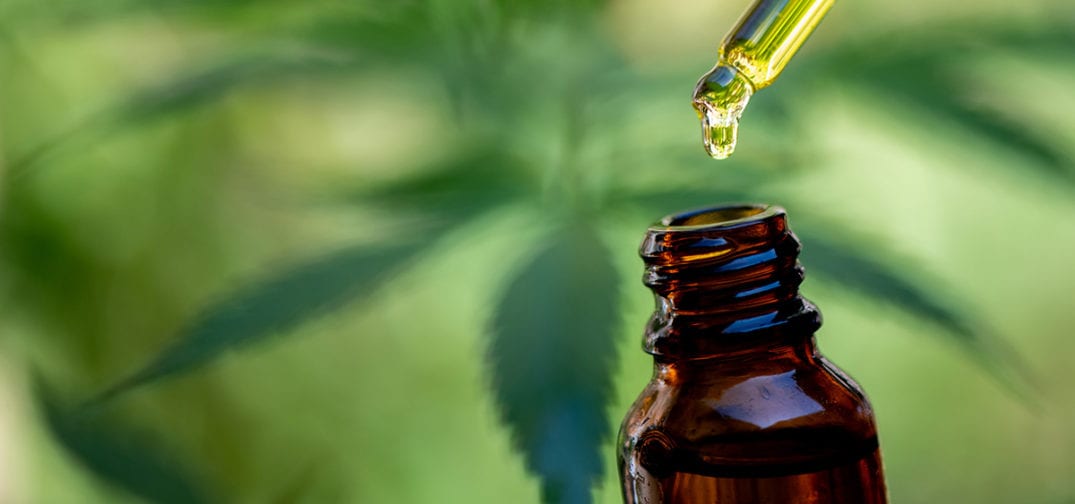A University of Southern Denmark study suggests that combining antibiotics with CBD can help to fight antibiotic-resistant bacteria, Science Daily reports.
In the study, CBD was used as a “helper compound” to enhance the effect of the antibiotic bacitracin against a staph infection, which frequently causes community- and hospital-acquired disease.
“When we combined CBD and antibiotics, we saw a more powerful effect than when treating with antibiotics alone. So, in order to kill a certain number of bacteria, we needed less antibiotics.” – “Cannabidiol is an effective helper compound in combination with bacitracin to kill Gram-positive bacteria,” Scientific Reports, Mar. 5, 2020
The researchers found that when using CBD as a helper compound the staph bacteria could no longer divide as it normally would, the expression of key genes in the bacteria was lowered, and the bacteria membrane became unstable – which resulted in fewer antibiotics required for treatment.
Janne Kudsk Klitgaard, one of the study authors, said that combining an antibiotic with a helper compound – such as CBD – could lead to overall less antibiotic use which could “contribute to the development of fewer resistant bacteria.”
Last year, Australian researchers found that CBD alone worked as a potent antibiotic killing all strains of antibiotic-resistant bacteria in a lab test. That study found that the bacteria did not become resistant to the CBD even after being exposed to it for 20 days – the period when bacteria can become antibiotic-resistant. However, the study didn’t find CBD to be effective for Gram-negative bacteria which have an outer membrane that prevents most drugs from entering the cell.
Get daily cannabis business news updates. Subscribe
End
